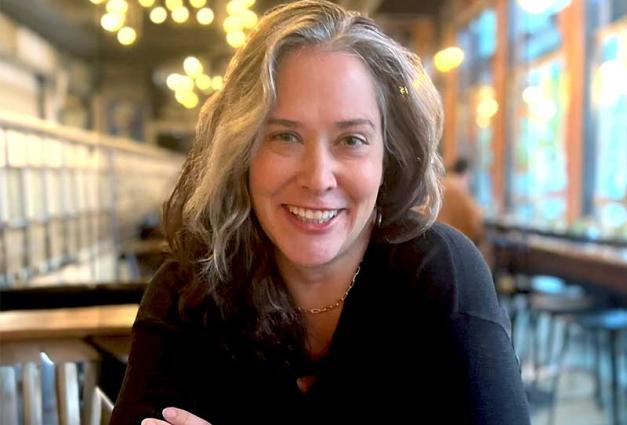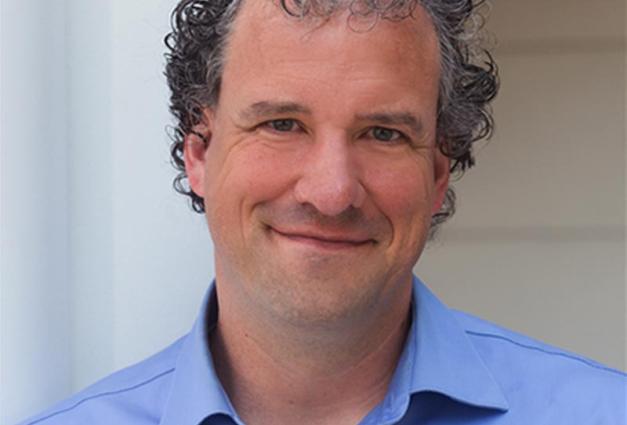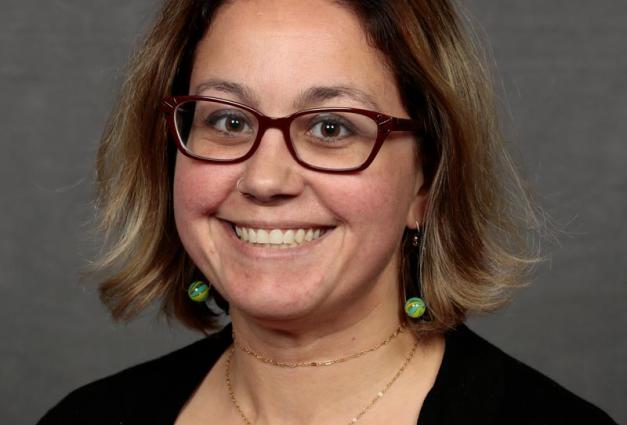Yuthika Girme is an Associate Professor in the Department of Psychology at Simon Fraser University, Canada. She received her PhD in Psychology from the University of Auckland, New Zealand. Her research aims to better understand the complexities underlying singlehood and romantic relationships by using advanced statistical techniques (multilevel modeling, nonlinear effects and dynamics) and diverse methods (behavioral observation, daily diary, dyadic and longitudinal designs). She is also a co-founder of the SPSP Affinity Group SANSAPP: South Asian Network of Social and Personality Psychologists.
What led you to choose a career in personality and social psychology?
The human mind has always fascinated me—it's loving, quirky, resilient, dark, and twisted. I initially thought that clinical psychology would help me get the answers I wanted, but after taking a close relationships course, I fell in love (sorry for the pun!) with how our intimate relationships can be the absolute best thing for us, but also the absolute worst. I broke up with clinical psychology shortly after and have been committed to social psychology ever since.
Briefly summarize your current research and any future research interests you plan to pursue.
Relationship science has focused predominately on romantic partnerships, despite singlehood being an important precursor to entering relationships and the aftermath of ending relationships. My current research aims to bridge singlehood and relationship sciences to better understand how we can maximize peoples' happiness and well-being, regardless of their relationship status.
Why did you join SPSP?
Being a member of SPSP has allowed me to connect with and collaborate with people across different subdisciplines within social and personality psychology. Being part of SPSP also allows me to give back to this large and diverse community through various committee roles and diversity initiatives.
What is your most memorable SPSP Annual Convention experience?
In 2014 I was approaching the final year of my PhD in New Zealand. I had never attended any conferences (it's too expensive to fly internationally when you live on an island nation at the bottom of the world). Austin, Texas was my first ever SPSP. Everyone was so welcoming! I was able to establish myself as a scholar, position myself for the job market, and meet people who became amazing mentors and collaborators over the years.
How has being a member of SPSP helped to advance your career?
SPSP has supported my career in numerous ways, including student travel grants and family care grants that have provided financial assistance in order to attend SPSP conferences. I have also had the opportunity to present my work at SPSP which has allowed me to disseminate my research broadly with people in academic, clinical, and industry settings.
Do you have any advice for individuals who wish to pursue a career in personality and social psychology?
Talk to as many people as possible. I think it can often feel like people follow a simple, linear path when pursuing social and personality psychology. Talking to lots of SPSP members can reveal the diverse life paths and decisions that have led people to a career in social and personality psychology and the various job opportunities that are available for social and personality psychologists within and outside academic settings.
Outside of psychology, how do you spend your free time?
I spend a lot of time outdoors. My free time is usually spent hiking or snowboarding. My close relationships are also incredibly important to me; if I'm not in the mountains, I'm usually in the kitchen cooking for my family and friends, chasing after my two young kids, or cuddling my two fur babies.




